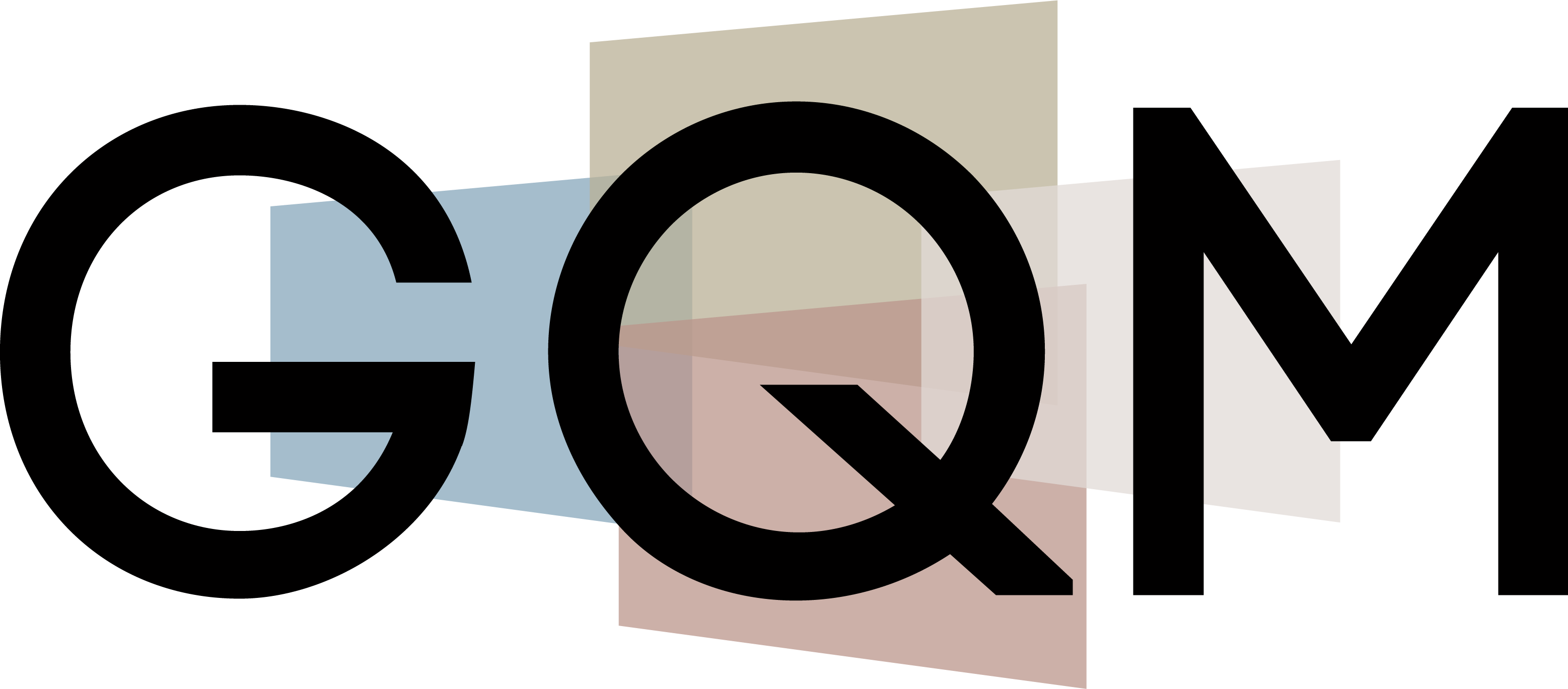PEACE: Daily Reading Plan #4

Matthew 10:34-39
Do not suppose that I have come to bring peace to the earth. I did not come to bring peace, but a sword. For I have come to turn 'a man against his father, a daughter against her mother, a daughter-in-law against her mother-in-law— a man's enemies will be the members of his own household.' Anyone who loves their father or mother more than me is not worthy of me; anyone who loves their son or daughter more than me is not worthy of me. Whoever does not take up their cross and follow me is not worthy of me. Whoever finds their life will lose it, and whoever loses their life for my sake will find it.
In the years leading up to Christ's birth, many Israelites believed the arrival of the Messiah would immediately bring a time of great peace and prosperity to Israel. Even Jesus' disciples may have believed this. Jesus has shown through His teaching and miracles that He is, in fact, the Messiah. Now, though, He wants to help His followers understand that the season of political peace will not come soon.
Instead, His arrival will bring great division to the world. He has come to bring a sword. Jesus is not describing the sword of God's judgment, nor one of military action, or of personal violence. The item Jesus refers to here is the Greek term machairan, most often used for large knives such as those used by fisherman. The main purpose of those blades was to separate different parts of a cut of meat—this is the same term used in the book of Hebrews to depict Scripture's ability to separate truth and error (Hebrews 4:12).
In other words, Jesus' message will naturally create division; this "sword" will divide the world into those who believe in Him and those who do not. His arrival will bring great conflict as those who reject Jesus as the Messiah and Son of God will turn in hatred against those who hear and believe (1 Peter 4:3–4; John 15:18–21), including the members of one's own family.
Reflection Questions
- What do these verses reveal about the kind of peace that Jesus' birth?
- What are you called to do as a result of recognizing that God's peace also creates division for those who reject His peace?




